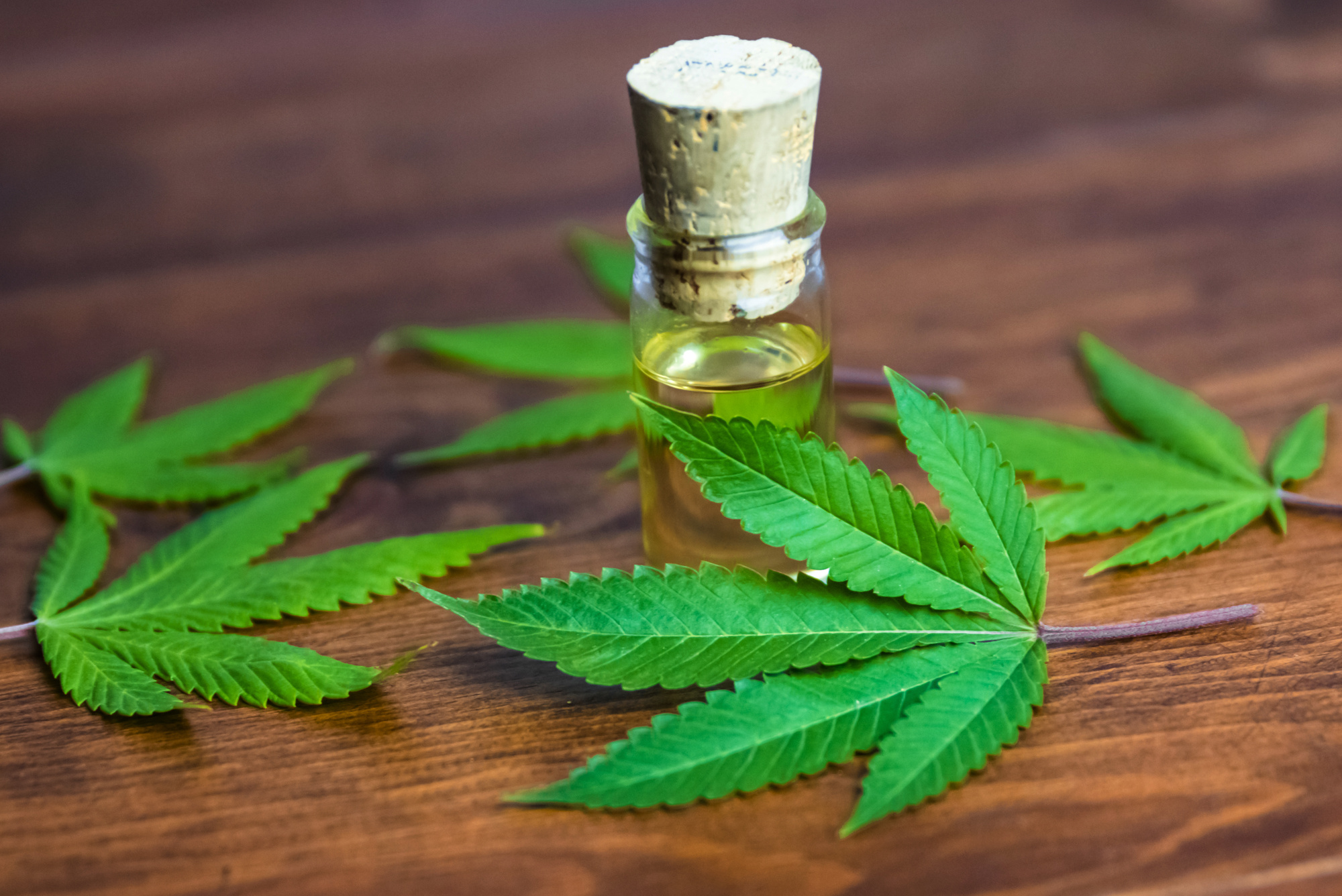CBD is a non-psychoactive cannabinoid extracted from the cannabis plant. It is sold in products such as oils and drinks and claims to have wellbeing benefits.
However, consumer CBD products may contain varying amounts of controlled phytocannabinoids including trans-delta-9-tetrahydrocannabinol (9-THC) and other cannabinoids. Testing of these is necessary to ensure that the limits are met.
Cannabidiol (CBD)
CBD is a phytocannabinoid that can be found in cannabis plants. It interacts with the body’s endocannabinoid system to boost your internal chemistry and balance your inner health. It has been used to relieve pain, reduce anxiety and stress, promote sleep and enhance athletic performance.
It has also been shown to help with fibromyalgia, diabetes and neuropathy, as well as decrease seizures in people with epilepsy. It may help with inflammatory pain from multiple sclerosis, as well as nerve pain from arthritis. It also seems to reduce the nausea and vomiting associated with chemotherapy.
You can take CBD by mouth as a solution (liquid) or capsules. It is usually taken two times a day, with or without food. Follow the directions on your prescription label. If you are using the oral solution, use a dry oral syringe to measure each dose and ask your doctor or pharmacist to explain any part you do not understand.
THC
THC, or tetrahydrocannabinol, is the psychoactive component of cannabis that creates the ‘high’ feeling associated with smoking marijuana. CBD products that contain no THC are not likely to cause this feeling, and they have been found to be helpful for anxiety, pain relief and insomnia.
The Working Group recommends that a limit of 1 mg 9-THC should apply to all consumer CBD products. This is based on the maximum concentration of THC in cannabis which, when used recreationally, produces psychoactive effects.
THC has many medical benefits, including its anti-emetic properties (it inhibits vomiting) which can be useful in cancer patients receiving chemotherapy. It can also stimulate appetite. It may interact with some medications, including benzodiazepine sedatives like Klonopin (clonazepam) and Ativan (lorazepam), immunosuppressants such as Sandimmune (cyclosporine), and rifampin-based drugs (used to treat tuberculosis). These interactions are typically mild and do not require changes to medication doses. However, some people may experience side effects such as drowsiness.
Sativex
The drug Sativex, developed by British biotechnology company GW Pharmaceuticals, contains both CBD and THC. It has been shown to be effective in reducing spasticity caused by multiple sclerosis.
It is available on prescription in the UK for people with MS and severe neuropathic pain. It is a mouth spray that delivers a precise and consistent dose of the cannabinoid chemicals that are unique to cannabis plants. It is used along with other medications to treat the symptoms of MS, including fatigue, numbness and tingling, and cognitive problems.
A recent study showed that Sativex significantly improved muscle spasticity in patients with MS, according to the M-scale. After four weeks of treatment, the M-scale scores dropped from 8.1 to 5.2. This improvement was maintained in 89% of patients. Additionally, 80% of patients received a 20% or greater improvement in their M-scale score at eight weeks, which is the Belgian criteria for reimbursement of Sativex. Moreover, the study found that Sativex did not induce strong cardiovascular or intoxication effects.
Legality
CBD has a range of potential medical benefits and may alleviate chronic pain, anxiety and stress. It can also help with sleep problems and certain heart conditions. It can be taken as a supplement or in capsule form. It is recommended that people with serious health issues check with a doctor before taking CBD.
It is legal to sell and possess CBD oil in the UK. It can be bought from most health food shops and pharmacies, including Holland & Barrett. The oil should be clearly labelled with its percentage of CBD and other ingredients. Those who wish to import CBD oil or products into the UK should consider their ingredients carefully to avoid problems with customs.
CBD extracts and isolates need to be authorised by us for sale in Great Britain (GB). This is done using our novel food application service. We will only authorise an ingredient if we can be confident that it is produced under strict production controls and meets our safety requirements.CBD UK
